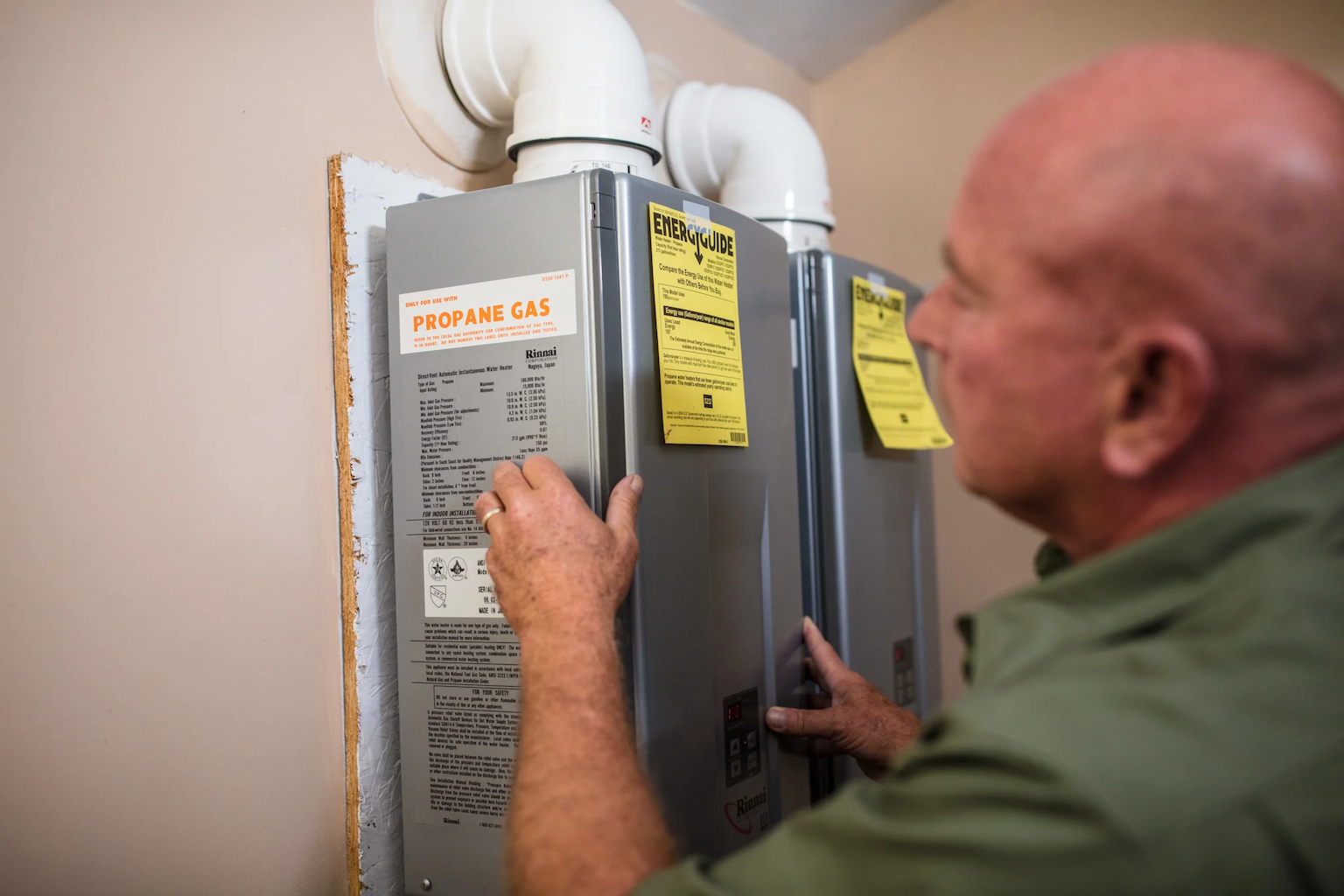
If you have propane appliances powering your home, proper maintenance of your appliances is essential to keeping them running safely, more efficiently, and last longer. Here are some suggestions to help you properly maintain your propane appliances.
- Always follow the manufacturer’s guidelines on recommended frequency and maintenance requirements for your appliance.
- Leave it to the Experts. Only a qualified professional has the training to install, inspect, service, maintain, and repair your appliances.
- Help Your appliances “breathe”. Check the vents of your appliances to be sure that flue gases can flow easily to the outdoors, clear away insect or bird nests or other debris. Also, clear the area around your appliances so plenty of air can reach the burner for proper combustion.
- Do not try to install, modify, or repair valves, regulators, connectors, controls, or other appliances and cylinder/tank parts. Doing so creates the risk of a gas leak that can results in property damage, serious injury, or death.
- Have older appliance connectors inspected. Certain older appliances connectors may crack or break, causing a gas leak. If you have an older appliance, have a qualified professional inspect the connector. Do not do this yourself, as movement of the appliance might damage the connect and cause a leak.
Please call your propane professional if you encounter any of the following:
- A smell like rotten eggs or skunk spray indicates you may have a propane leak. If you smell propane, contact your propane supplier immediately.
- Your propane appliances should have a normal flame. If you notice a larger flame or a very small flame, there may be something wrong with how your propane appliance is processing the propane.
- Propane burns clean, so there should be no soot in or around your propane appliances. If there is, it’s an indication that the propane isn’t burning properly, which can result in carbon monoxide release and/or damage to your propane appliance. Please note that some “vented” log sets will produce light soot that goes up the chimney flue. Ask your provider for more information if needed.